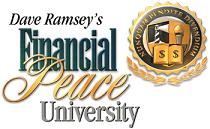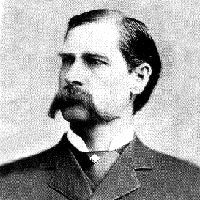
Ohio State was 0-8 against SEC teams going into the BCS Championship game last night. But now they're 0-9 after LSU thuroughly proved that they deserved to be in the title game. The final score was
38-24, but after going up 10-0 over LSU, then falling behind 24-10 at halftime, Ohio State could not close the 14 point gap.
The polls show that they deserve their rank as well. They not only beat the number one team, they made it look easy, and gained
60 of 65 number one votes, with Georgia finishing 2nd with 3 votes after mauling Hawaii, and USC getting one vote in third, and Kansas got one in 7th.
The game was exactly how it was last year. Ohio State gets lost of hype and comes out all guns blazing. Then they just hit a brick wall, and never recovered. I thought it was very amusing how the announcers were all over "How great OSU looked" after the first half, then it was nothing but LSU compliments for the rest of the night. This game improved the SEC's record in the title game to 4-0 since the inception of the BCS in 1998.
Ohio State scored first with a 65 yard rush, and LSU was forced to punt after a botched audible turned snap pushed the Tigers back inside their 15 yard line on a long 4th down. OSU drove the ball and managed 3 points out of a 25 yard kick with 9:30 left in the 1st, and that's where the Buckeye momentum collapsed. LSU answered with a field goal followed by 3 more touchdowns in the second quarter, and the key point was two fold; The blocked 37 yard field goal, and an interception on the following OSU drive which led to 14 points for LSU.
The second half didn't start much better for the Buckeyes because LSU got the kickoff, and with the help of 2 critical personal foul calls on OSU they made the score 31-10. Then finally after
thirty-seven and a half minutes Ohio State finally scored again with 2 minutes left in the 3rd quarter. Then two costly turnovers, a fumble that gave LSU 21 yards their way, and an interception stopped any momentum that Ohio State had built.
LSU scored again to make it 38-17, and after a VERY audible "SEC! SEC! SEC!" chant at 1:43 left, Ohio State added a meaningless TD with under a minute and a half left in the game to give it the final score of 38-24.
It was a weird season, but you earned it Tigers. Hold that trophy high!

Some BCS notes:
LSU is the only undefeated team with more than 2 appearnces in a BCS game at 4-0
The SEC has the best BCS record at 11-4 of teams with more than one appearance (MWC is 1-0 from the 2005 Fiesta Bowl)
The PAC 10 is only 8-4 in BCS games
Th SEC had the best bowl record this year at 7-2, and also had the most teams in a bowl with 9
Big Ten has the most appearances at 16, but are only 8-8
The ACC has the worst record at 1-9



















































